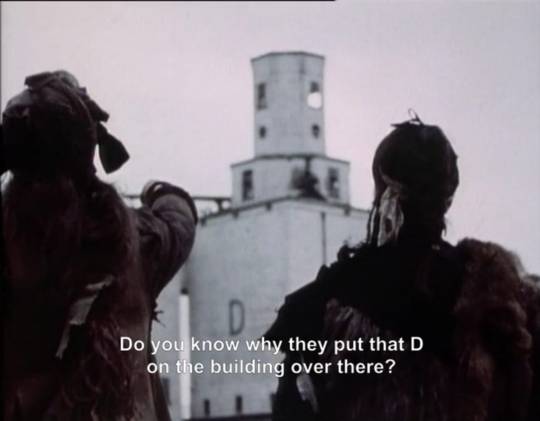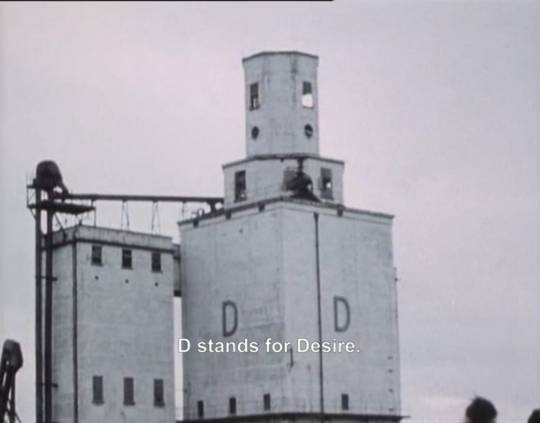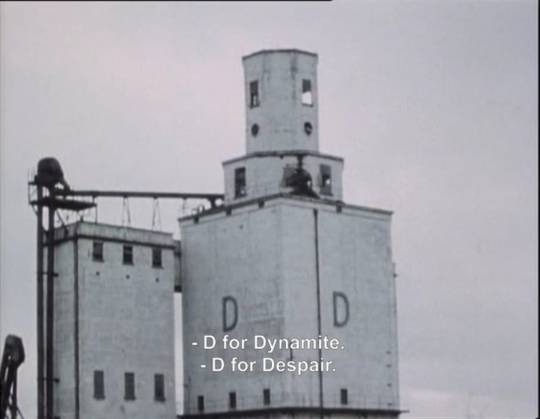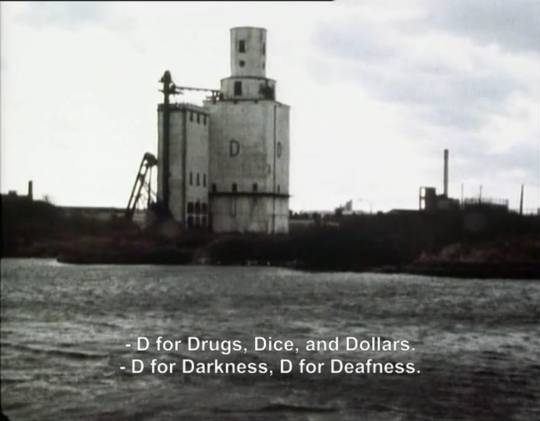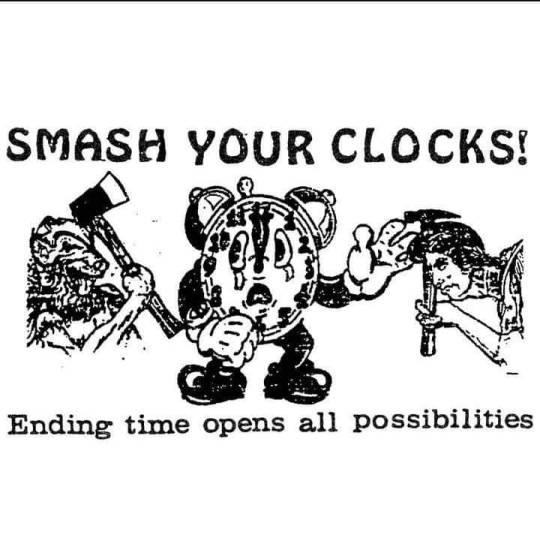Text
When I had read as much of this as I could, I closed my laptop and took the little bible out of my bag. I turned to the part of Mark where Jesus says: Daughter, thy faith hath made thee whole; go in peace, and be whole of thy plague. All sick people were good for in the Bible was to be healed by people who were well. But Jesus didn't really know anything, and neither did I. Even if I had any faith, it wasn't going to make me whole. There was no use thinking about this.
— Sally Rooney, Conversations with Friends
2 notes
·
View notes
Text
I looked out the window at the station. I had the sense that something in my life had ended, my image of myself as a whole or normal person maybe. I realised my life would be full of mundane physical suffering, and that there was nothing special about it. Suffering wouldn't make me special, and pretending not to suffer wouldn't make me special. talking about it, or even writing about it, would not transform the suffering into something useful. Nothing would. I thanked my mother for the life to the station and got out of the car.
— Sally Rooney, Conversations with Friends
4 notes
·
View notes
Text
[...]we cannot but behold our own face as it were in a glass, in the person that is poor and despised, which is not able to hold out any longer, but lieth groaning under his burden, yea though he were the furthest stranger in the world. Let a Moor or a Barbarian come among us, and yet inasmuch as he is a man, he bringeth with him a looking glass, wherein we may see that he is our brother and neighbor. For we cannot abolish the order of nature, which God hath set to be inviolable. So then we be bound to all men without difference, because we be all one flesh[...].
John Calvin, Sermons on Galatians
0 notes
Text
Despite all its rhetoric of novelty and innovation, neoliberal capitalism has gradually but systematically deprived artists of the resources necessary to produce the new. In the UK, the postwar welfare state and higher education maintenance grants constituted an indirect source of funding for most of the experiments in popular culture between the 1960s and the 80s. The subsequent ideological and practical attack on public services meant that one of the spaces where artists could be sheltered from the pressure to produce something that was immediately successful was severely circumscribed. As public service broadcasting became ‘marketised’, there was an increased tendency to turn out cultural productions that resembled what was already successful. The result of all of this is that the social time available for withdrawing from work and immersing oneself in cultural production drastically declined. If there’s one factor above all else which contributes to cultural conservatism, it is the vast inflation in the cost of rent and mortgages. It’s no accident that the efflorescence of cultural invention in London and New York in the late 1970s and early 80s (in the punk and postpunk scenes) coincided with the availability of squatted and cheap property in those cities. Since then, the decline of social housing, the attacks on squatting, and the delirious rise in property prices have meant that the amount of time and energy available for cultural production has massively diminished. But perhaps it was only with the arrival of digital communicative capitalism that this reached terminal crisis point. Naturally, the besieging of attention described by Berardi applies to producers as much as consumers. Producing the new depends upon certain kinds of withdrawal – from, for instance, sociality as much as from pre-existing cultural forms – but the currently dominant form of socially networked cyberspace, with its endless opportunities for micro-contact and its deluge of YouTube links, has made withdrawal more difficult than ever before. Or, as Simon Reynolds so pithily put it, in recent years, everyday life has sped up, but culture has slowed down.
— Mark Fisher, Ghosts of My Life
2 notes
·
View notes
Photo
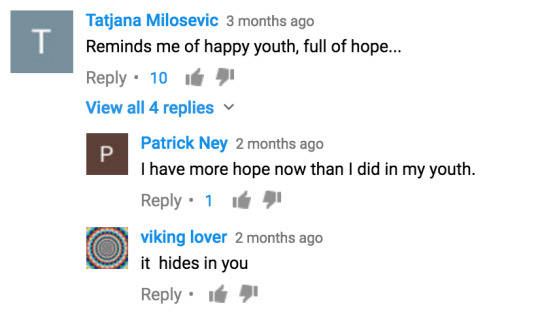
comments left on the video for Iceblink Luck by Cocteau Twins
21K notes
·
View notes
Text
[...] sometimes I would look into his eyes and I would see that all memory had gone and he would look at me blankly, but still kindly, as if he had woken up in bed with a bewildered stranger and had to move quickly to reassure her that everything was okay, a kindness that it occurred to me must have been deeper than memory or familiarity, a basic recognition that was at the heart of his personality, a capacity not so much to reflect, he didn't simply mirror, he wasn't seeing himself, I'm sure of that, that was the hardest thing for him to see in a way, I don't know if he ever really recognised himself, but he was capable of seeing in others the same kernel of fear, that nut of terror, that empty silhouette that we try to flesh out with language, that we try to define into existence, though we're as nebulous as stars, which brings me back to Lothar and the Hand People, but he could see that, and his journals were like these attempts to write himself into existence, that's how they seemed, the sentences would go this way or that, crab-like, in angles across the page or little clusters of text that were illegible to anyone but himself, names, hand-drawn maps, sketches, codes, acronyms, long lines of initials, stories, lyrics, parables, homilies, reconstructions, reminders, his problems had become the little things and the little things had engulfed the big things, like how to get to a friend's house, what time was rehearsal, where do I live, who are you, etc.
It was like a walking frame or a wheelchair, a crutch which when you think about it is what most writing is, something to support to the figure of the writer so that he doesn't fall back into the primordial soup of everyone else, which is no one.
So that he can believe in himself he creates a fiction, he invents some that he can then say, here, at least, is an outline of my life, or rather an outline of my life as I would have it, only with Lucas it was an outline of his life as he received it, he was more of a scientist or a mystic than an author or inventor, trying to penetrated the heart of the mystery of himself through scattered clues, thing that would never tie up, like plotting the constellations, he had to come up with some kind of coherent shape out of all these disparate moments separated by a huge gulf of silence, by empty space, by what might as well have been thousands of light years.
— David Keenan, This Is Memorial Device
1 note
·
View note
Text
Assume man as man, and his relation to the world as a human one, and you can exchange love only for love, confidence for confidence, etc. If you wish to enjoy art, you must be an artistically trained person; if you wish to have influence on other people, you must be a person who has a really stimulating and furthering influence on other people. Every one of your relationships to man and to nature must be a definite expression of your real, individual life corresponding to the object of your will. If you love without calling forth love, that is, if your love as such does not produce love, if by means of an expression of life as a loving person you do not make yourself a loved person, then your love is impotent, a misfortune.
— Karl Marx, Nationalökonomie und Philosophie
1 note
·
View note
Text
Love is an activity, not a passive affect; it is a "standing in," not a "falling for." In the most general way, the active character of love can be described by stating that love is primarily giving, not receiving. [...] Giving is the highest expression of potency. In the very act of giving, I experience my strength, my wealth, my power. This experience of heightened vitality and potency fills me with joy. I experience myself as overflowing, spending, alive, hence as joyous. Giving is more joyous than receiving, not because it is a deprivation, but because in the act of giving lies the expression of my aliveness.
— Erich Fromm, The Art of Loving
3 notes
·
View notes
Text
They sounded so good. It reminded me of standing on a hill, in the dark, with a big industrial plant in the distance and just feeling this roar, this massive unearthly vibration, like the silence had been taken over by something that was even deeper than silence itself, something that silence implied, in a way, like silence was a sound and here was its underpinning, this terrific gridlocked noise that sounded like a complete standstill even as it never stopped moving. They're going nowhere, I said to myself, and I felt relieved.
— David Keenan, This Is Memorial Device
0 notes
Text
We all live out our unhappiness on different scales.
Lucas, it seemed to me, had given up on the idea of cosmic suffering or epic injustice in favour of a tolerable though constantly present low-level misery, a moment-to-moment survival that snaked, like the handwriting in his journal, from left to right and back and forth, backwards and forwards in time, but that remained trapped on the page, always in the same dimension, a form of compressed life that made me think of a crab, trapped inside its shell, moving sideways but somehow never gaining ground[...].
— David Keenan, This Is Memorial Device
1 note
·
View note
Text
You have to understand that when you're talking about a local scene you're talking about an international scene in microcosm. We had our own Syd Barrett and Brian Jones and Nico and Pete Perrett. The thing about the music scene was it fostered belief. It encouraged you to take the music and the lifestyle at its word. So there were all these people, living it, probably living it harder than their role models. After all, it isn't easy being Iggy Pop in a small town in the west of Scotland. It takes some kind of commitment.
— David Keenan, This Is Memorial Device
0 notes
Text
[...] I would say to myself give me my own rotting corpse over the death in life of a suburban marriage, stick a glass bottle up my ass before you slide a ring onto my finger.
— David Keenan, This Is Memorial Device
1 note
·
View note
Text
I'm no dilettante, I said, I'm not phoney (I've lived it, I went to say, but lived what?). Right then I had the strangest feeling. The girl in the bookshop looked to me like a bird (like a girl with head of a bird) and I felt like a feather (a feather with no weight whatsoever). It was like I saw the whole scenario from above. I saw the girl flap her wings (a single effortless movement that turned the bookshop inside out) and I felt that sudden lunging drop inside my body (liked the velocity of her wings had caused my organs to spill out beneath me), dragged down by the force of gravity as we were lifted up into the air (it only lasted a few seconds but I'll never forget it). I felt completely empty (like a tomb). By the time we touched back down I knew I was capable of love, of being filled up, like I had never been before, with no heart or liver or hallucinated spleen to get in the way (that's the only way I can describe it) (I felt liberated).
— David Keenan, This Is Memorial Device
0 notes
Text
Howdy, Clyde would say___ a puff of the wind, a small leaf on his cheek. I've seen it all before, he would say___ peering out from his eyeless sockets there is nothing new under the sun___ but I've grown less fond of it, all the same___ cynical about birdsong___ my dear child they are little more than the attempt to imitate car alarms___ and sirens and all sorts of___ monstrous machinery___ monstrous manmade machinery, he would say it like that___ Flatter yourself, go ahead flatter yourself that you are in communion with nature but nature has long fled the scene___ I have heard the last bird.
— David Keenan, This Is Memorial Device
0 notes
Text
[...] in the air there's the smell of foul bread and beer, the presiding demons of the east.
— David Keenan, This Is Memorial Device
0 notes
